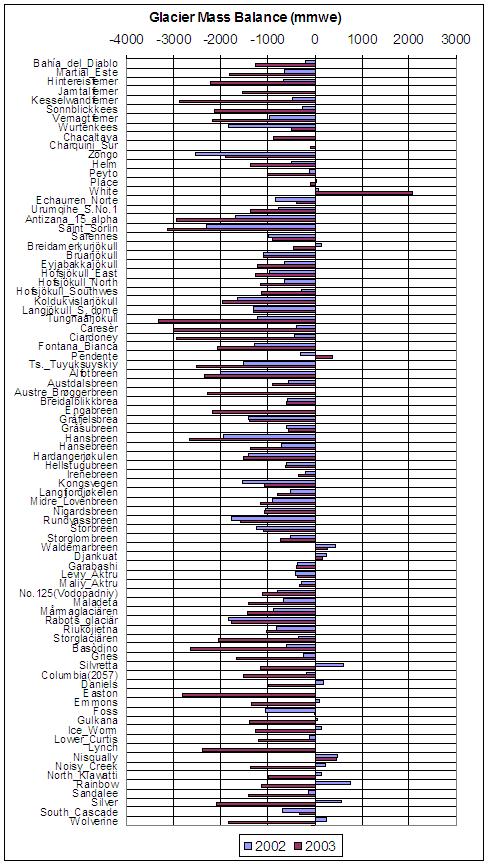Tuesday, April 3, 2007
Proportional Representation
The case for proportional representation is gaining public support and yet the idea is complicated by the nature of the proposed institutional reforms. The most recent proponents are suggesting that 30% of all elected officials be selected at large based on percentage of voters each party receives.
I think that particular proposal is problematic because people want less government, not more, however much they like the idea of proportional representation.
I think a simpler solution exists.
Historically the government was the Cabinet, and the Cabinet was the government. The cabinet had to win the approval of the House to stay in power. If a government lost the support of the House a new Cabinet was formed, either under the the same Prime Minister or under a different one. All without an election, and all dependent on the support of the House.
If we return to the idea that the cabinet is the government, rather than the government being the party in power, proportional representation becomes feasible, and far less complicated.
As far as I'm concerned, we can keep the party system to contest elections, but once elected the House itself becomes non-partisan and serves the function of the loyal opposition and/or ally of the government (cabinet). The cabinet would be made up of party members in direct proportion to their party's popular vote. The Prime Minister would be the leader of the party with the most votes unless he could not form a cabinet that had the support of the house, at which point someone else would try.
If a party won X% of the vote, but won no seats, then their leaders or other representatives would be appointed to cabinet as privy councilors. The committee make-up in the House would likewise be in direct proportion to the vote percentages of the parties. Non-seated members would be appointed as sub-privy councilors to ensure both representational and responsible government.
From my perspective, such reforms solve a number of problems with our democracy,and are reasonably simple to explain and to enact.
I think that particular proposal is problematic because people want less government, not more, however much they like the idea of proportional representation.
I think a simpler solution exists.
Historically the government was the Cabinet, and the Cabinet was the government. The cabinet had to win the approval of the House to stay in power. If a government lost the support of the House a new Cabinet was formed, either under the the same Prime Minister or under a different one. All without an election, and all dependent on the support of the House.
If we return to the idea that the cabinet is the government, rather than the government being the party in power, proportional representation becomes feasible, and far less complicated.
As far as I'm concerned, we can keep the party system to contest elections, but once elected the House itself becomes non-partisan and serves the function of the loyal opposition and/or ally of the government (cabinet). The cabinet would be made up of party members in direct proportion to their party's popular vote. The Prime Minister would be the leader of the party with the most votes unless he could not form a cabinet that had the support of the house, at which point someone else would try.
If a party won X% of the vote, but won no seats, then their leaders or other representatives would be appointed to cabinet as privy councilors. The committee make-up in the House would likewise be in direct proportion to the vote percentages of the parties. Non-seated members would be appointed as sub-privy councilors to ensure both representational and responsible government.
From my perspective, such reforms solve a number of problems with our democracy,and are reasonably simple to explain and to enact.
Subscribe to:
Post Comments (Atom)


No comments:
Post a Comment